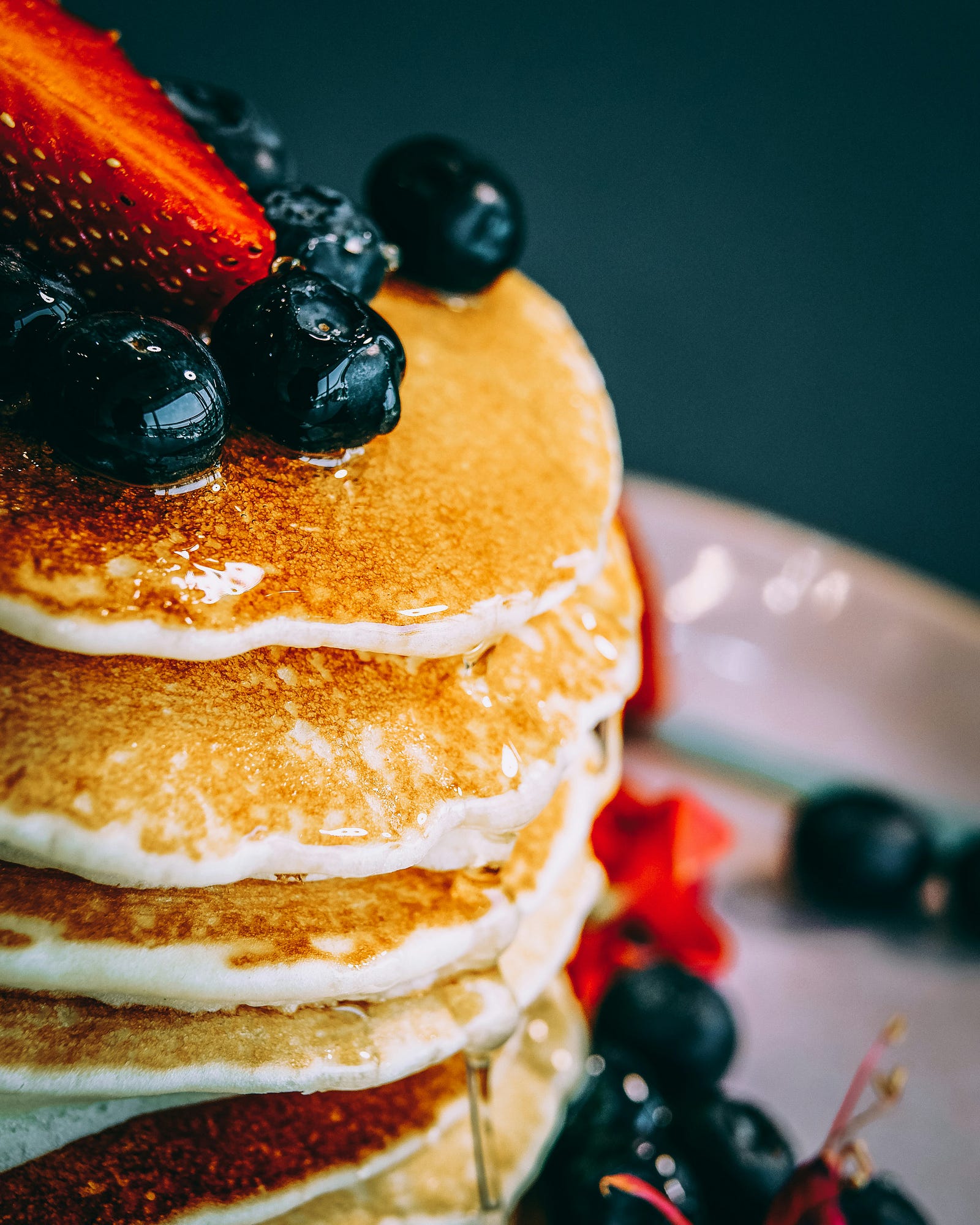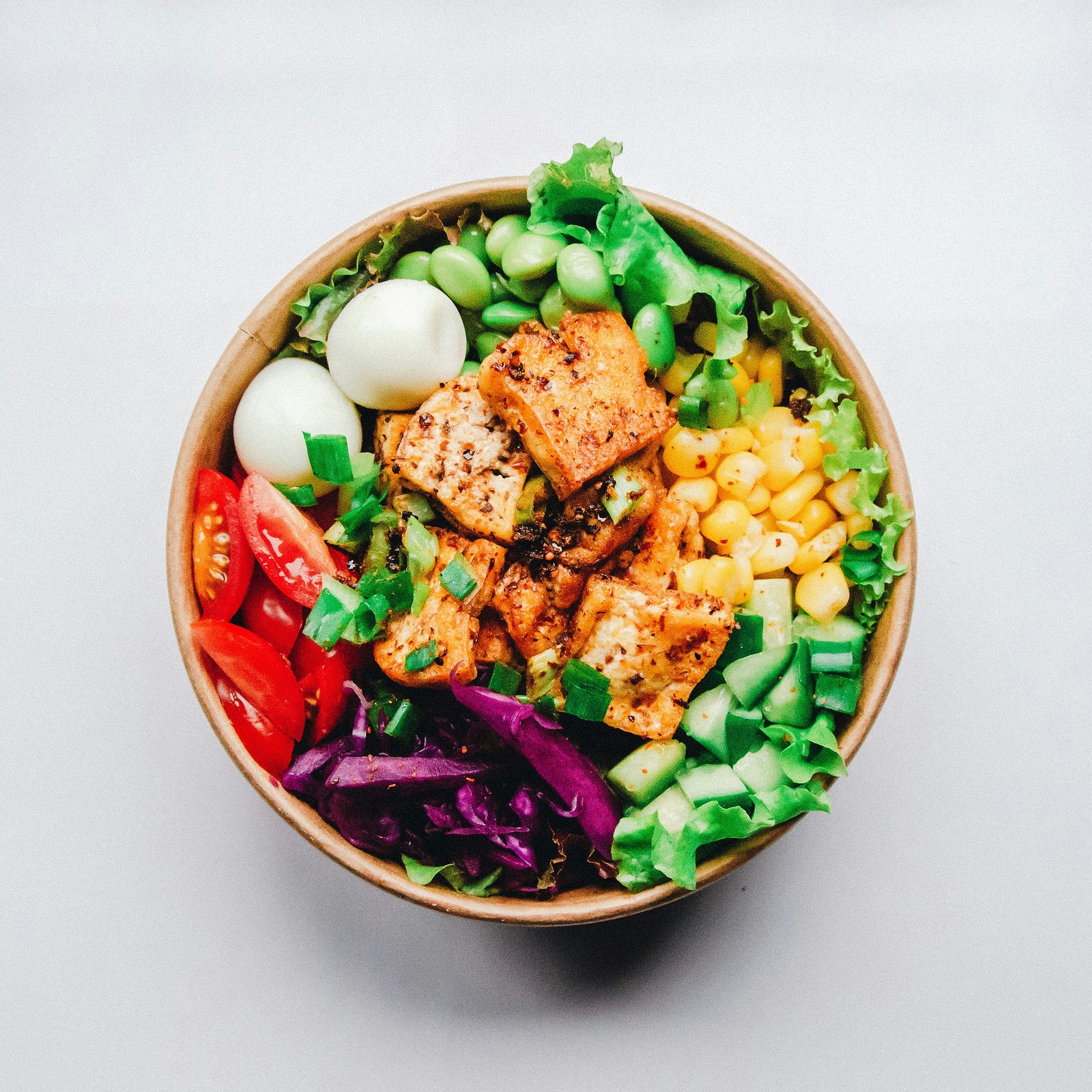Beyond the Carb Craze: Unmasking the Unexpected Triggers of Insulin Spikes
Food and Insulin Spikes. I write this piece with a bit of hesitation; each time I write about diet, I get remarkably defensive comments from those who are pro-carb or anti-carb, pro-fat versus anti-fat.
Nevertheless, I will write about a groundbreaking new study that turned my thinking on its head.
We’ve all heard the mantra: carbs are the villain in insulin spikes.

But is that always right?
Your body’s insulin response might be as individual as your fingerprint, with some people reacting more strongly to proteins or fats than those dreaded carbohydrates.
A Pioneering Study on Diet and Insulin Surges
Do responses behind insulin secretion in response to carbohydrate, protein, and fat vary in the population?
To address this question precisely, a team of researchers at the University of British Columbia in Vancouver, Canada, conducted a meticulous analysis of pancreatic islets from 140 deceased donors, encompassing individuals with and without type 2 diabetes.
To establish typical insulin secretion responses to the three major macronutrients — carbohydrates, proteins, and fats — and see if any patterns emerged.
Study Details
The research team conducted a comprehensive study on insulin release in response to different nutrients between 2016 and 2022.
They examined islets (tiny clusters of cells in the pancreas that produce insulin) from 140 donors.

This approach gave the researchers a good representation of the general population.
Study Results
In most cases, the scientists confirmed what was already known:
Carbohydrates (sugars) trigger the biggest insulin spike, followed by amino acids (the building blocks of protein), and fats, which only cause a small increase in insulin.
When exposed to glucose (a type of sugar), the islets release insulin in two phases: a quick burst followed by a sustained release.

They found a similar two-phase response with amino acids as well.
On the other hand, fats only triggered a single phase of insulin release, which wasn’t very strong.
Population Variability
While most donors showed the expected pattern, with the strongest insulin response to glucose (sugar), a moderate response to amino acids (protein building blocks), and a minimal response to fatty acids, there were some interesting exceptions.
Around 9 percent of the donors had islets that reacted more strongly to amino acids than glucose, and another 8 percent had a surprisingly high insulin response to fatty acids, surpassing their response to glucose.
These findings suggest that a small but significant portion of the population may have unique insulin responses to different nutrients.
This could mean that a one-size-fits-all approach to nutrition may not be effective for everyone, and personalized nutrition plans based on individual insulin responses could be more beneficial.
My Take
This research influences how I approach nutrition.
While reducing refined carbohydrates like white bread and sugary treats is a proven strategy for many (including me) to manage insulin and shed pounds, this research suggests a low-fat diet might be the key for others.
It’s crucial to note that researchers based their findings on lab-grown cells, not living individuals.
Factors like blood circulation, hormone fluctuations, and physical activity can all influence insulin responses in the complex environment of the human body.

Despite these limitations, the study paves the way for a future of promising personalized nutrition.
Imagine genetic tests pinpointing the ideal carbs, protein, and fats ratio tailored to your unique biology.
The research could revolutionize our approach to nutrition, allowing us to tailor our diets to our needs and potentially improve our health and well-being.
Until then, I’ll follow dietary guidelines.
Home | Dietary Guidelines for Americans
www.dietaryguidelines.gov.
Thank you for reading “Food and Insulin Spikes



